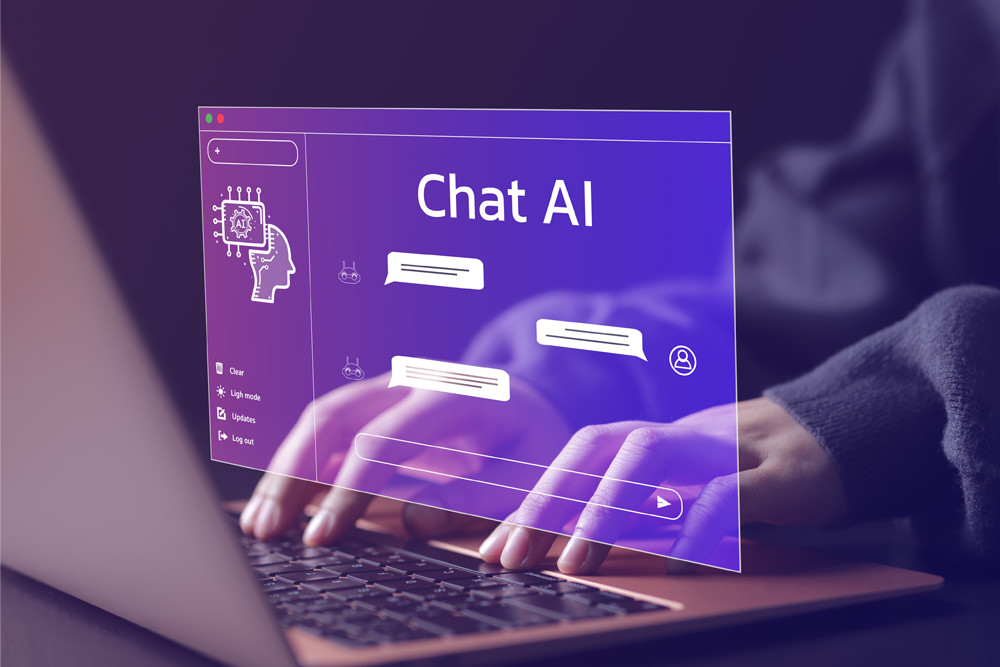Artificial Intelligence (AI) has rapidly emerged as one of the most transformative technologies of our time, revolutionising industries and reshaping the way we live, work, and interact. While AI holds tremendous potential for innovation and advancement, it also raises a host of ethical and practical concerns. In this article, we will explore the pros and cons of AI, highlighting both its promising benefits and the challenges it presents.
Pros of Artificial Intelligence:
- Automation and Efficiency: One of the most significant advantages of AI is its ability to automate tasks that were once time-consuming and labour-intensive. This leads to increased efficiency, reduced human error, and cost savings across industries. AI-powered robots, for instance, can perform tasks in manufacturing, logistics, and healthcare with greater precision and speed.
- Data Analysis and Insights: AI can process and analyse massive amounts of data in real time, enabling businesses and researchers to extract valuable insights. This has applications in areas such as healthcare diagnostics, financial forecasting, and customer behaviour analysis, leading to better decision-making.
- Predictive Analytics: AI can analyse historical data to make predictions about future trends and events. This is valuable for industries such as finance, marketing, and supply chain management, where accurate forecasting can lead to better decision-making and resource allocation.
- Enhanced Customer Service: AI-powered chatbots and virtual assistants enable businesses to provide round-the-clock customer support. These AI systems can handle a wide range of inquiries and tasks, improving customer satisfaction by providing quick and accurate responses.
- Personalisation: AI algorithms can analyse user preferences and behaviour to deliver personalised experiences. This is evident in recommendation systems used by streaming services, online retailers, and social media platforms, which enhance user engagement and satisfaction.
- Scientific Research and Discovery: AI is being used in scientific research to analyse complex data sets, model simulations, and discover patterns that might be difficult for humans to identify. This accelerates progress in fields like medicine, astronomy, and climate science. AI has the potential to revolutionise healthcare by aiding in disease diagnosis, drug discovery, and personalised treatment plans. Machine learning algorithms can identify patterns in medical data that human doctors might miss, leading to improved patient outcomes.
- Specific Industry benefits: AI can help with particular tasks specific to various industries. Some examples include – aiding in disaster response efforts by analysing data from various sources to predict natural disasters, coordinate emergency responses, and optimise evacuation plans; language translation tools enable real-time translation between languages, and facilitate global communication; AI algorithms can identify patterns of fraudulent activities in financial transactions, helping to prevent and mitigate fraud in banking and financial systems.
Cons of Artificial Intelligence
- Job Disruption: The automation capabilities of AI raise concerns about job disruption across various industries. As AI technology advances and becomes more capable, there is a fear that certain tasks and even entire job categories could be replaced by machines and algorithms. This can lead to unemployment and displacement for workers whose skills are no longer in demand. Retraining and upskilling programs become essential to equip the workforce with the skills needed to thrive in an AI-driven economy.
- Bias and Fairness: AI systems learn from the data they are trained on, and if that data contains biases, those biases can be perpetuated by the AI. This can result in discriminatory outcomes, reinforcing social inequalities and marginalising certain groups. Ensuring fairness and addressing bias in AI systems is a complex challenge that requires careful design, diverse training data, and ongoing monitoring.
- Privacy Concerns: The widespread use of AI often involves the collection and analysis of personal data. This raises concerns about privacy and data security. As AI systems make predictions and decisions based on personal information, individuals worry about how their data is being used and whether it could be exploited or misused.
- Lack of Human Understanding: Deep learning algorithms, a subset of AI, can produce accurate results, but they often lack transparency in their decision-making processes. This “black-box” nature of AI can be problematic, especially in critical applications like healthcare and criminal justice, where understanding how an AI arrives at a particular conclusion is crucial for accountability and trust.
- Deepfakes and Misinformation: AI-generated deepfake content can manipulate audio and video to convincingly depict people saying or doing things they never did. This raises concerns about the spread of misinformation, identity theft, and the erosion of trust in media and public discourse.
- Dependence and Loss of Control: Relying heavily on AI can lead to a situation where humans lose control over critical systems. This dependency on AI could be risky, especially in scenarios where AI systems are interconnected and vulnerable to hacking or malfunction. Ensuring fail-safes, backup systems, and human override capabilities becomes essential to prevent catastrophic failures.
- Economic Inequality: While AI has the potential to drive economic growth and innovation, there’s a concern that its benefits might not be evenly distributed. Companies and individuals with access to the resources needed to develop and deploy AI systems could gain a significant competitive advantage. This could exacerbate existing economic inequalities and create a “digital divide” between those who benefit from AI advancements and those who are left behind.
- Unintended Consequences: The complexity of AI systems and their interactions with the real world can lead to unintended consequences. As AI systems become more autonomous and make decisions in complex environments, they might generate outcomes that were not predicted or intended by their creators. These unintended consequences could range from subtle biases in decision-making to more significant social, economic, or even safety-related issues that were not anticipated during the development phase. Such unforeseen outcomes can be difficult to predict and address.
By fostering a multidisciplinary approach that involves technology experts, ethicists, policymakers, and the general public, we can work towards realising the benefits of AI innovation while safeguarding against its potential pitfalls. Through responsible development and thoughtful implementation, AI could become a powerful tool for positive change in society.




